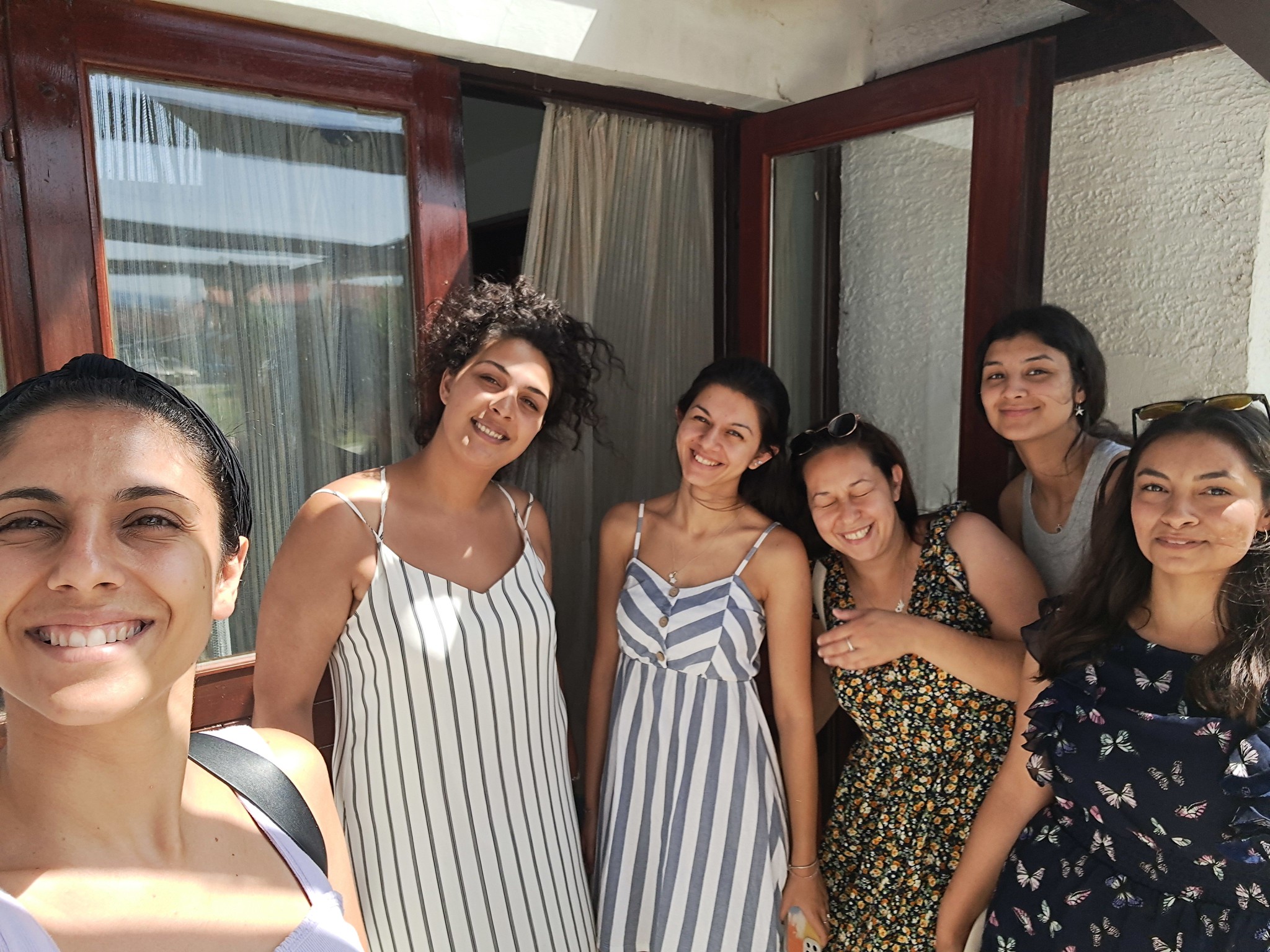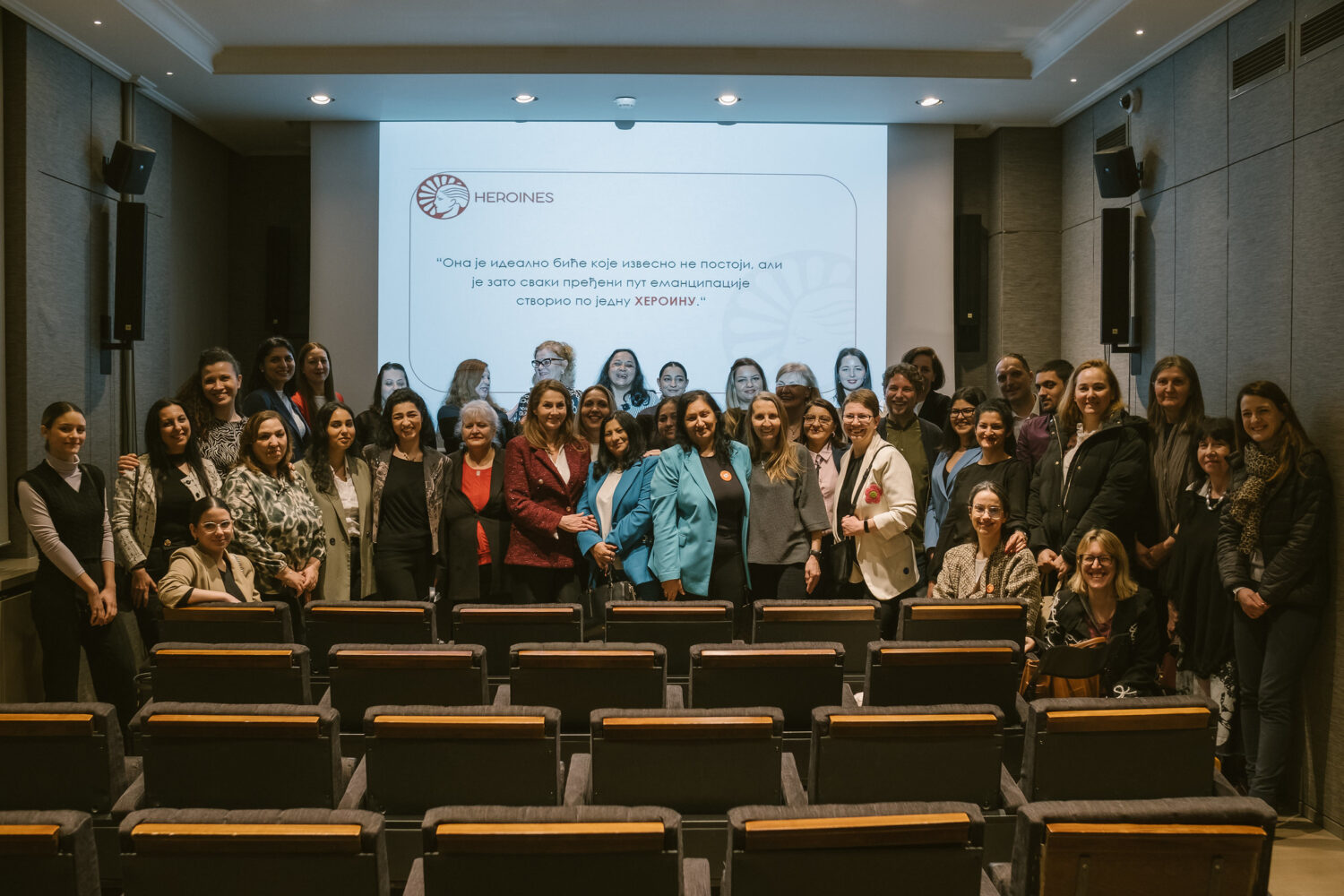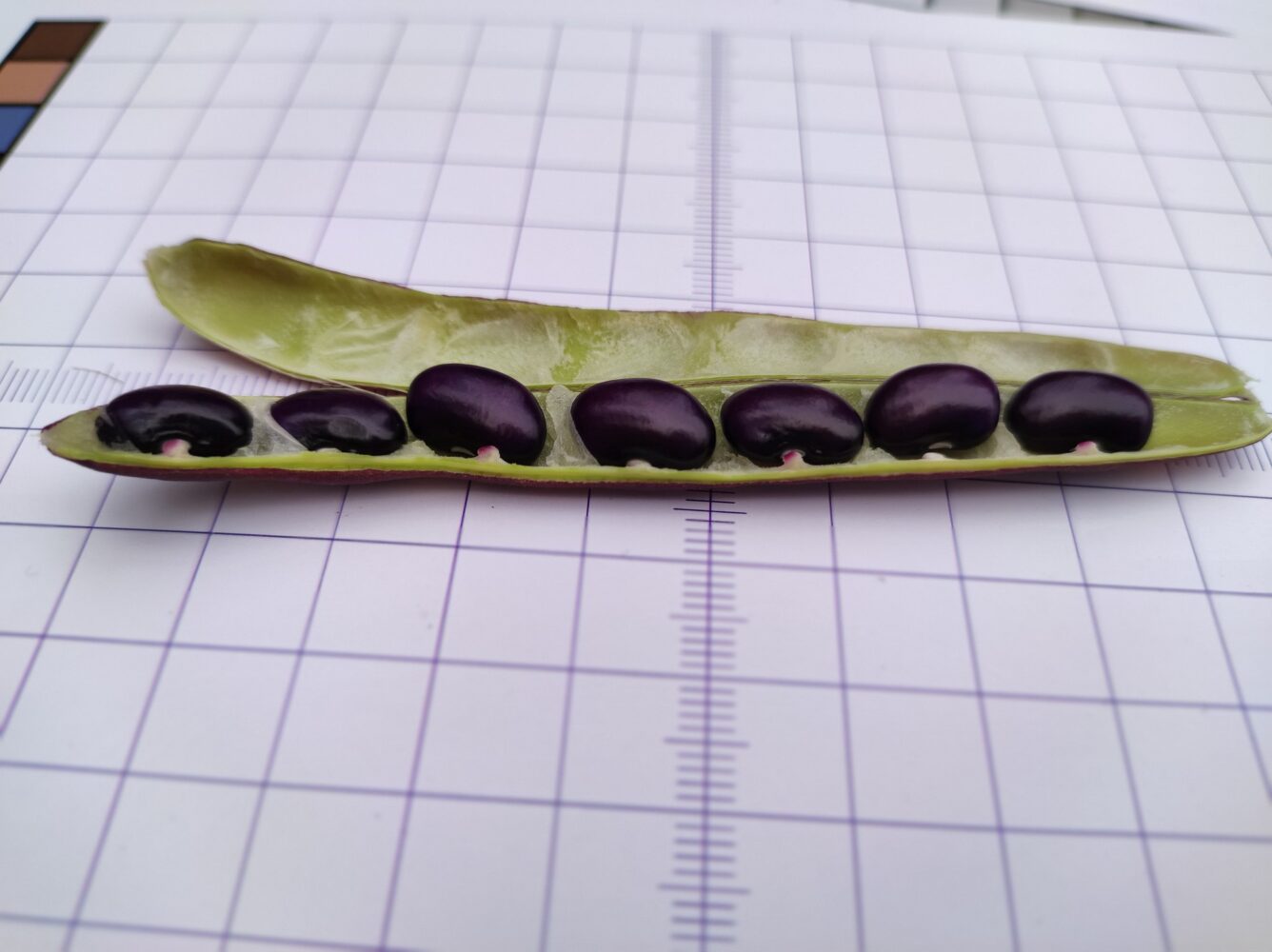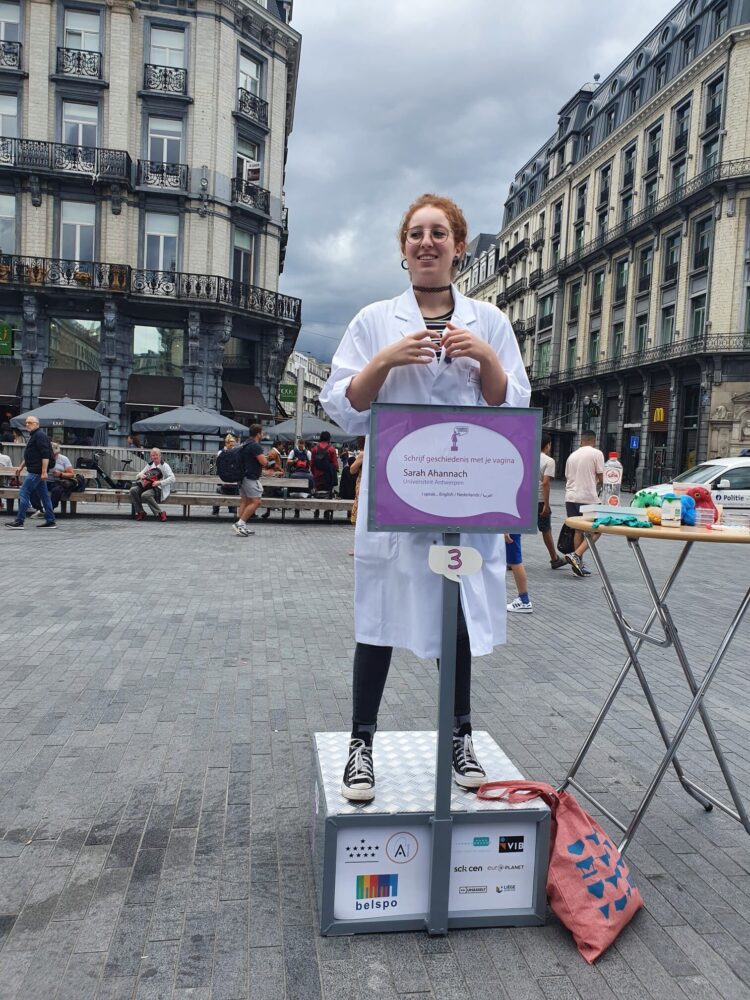

Winners of the European Union Prize for Citizen Science (INCREASE) / Grand Prize, Photo: vog.photo
Winners
The European Union’s Citizen Science Prize makes a statement. It honors, presents and supports outstanding projects whose social and political impact advances the further development of a pluralistic, inclusive and sustainable society in Europe. The European Commission has entrusted Ars Electronica in Linz with the task of staging this prestigious and highly remunerated competition.

2025 Winners
The European Union Prize for Citizen Science – Grand Prize, along with €60,000 in prize money, is awarded to the initiative HEROINES: Heritage of Emancipation—Empowering Roma Women through Building Networks of Solidarity. This participatory research project centres on the voices of Roma women in Serbia and involves them in all phases of the project, documenting their heritage.
The Digital Communities Award, with €20,000 in prize money, goes to the Turkish project Antiquake Risk Hunter Community, which addresses earthquake risks and disaster preparedness in Kuzguncuk (Istanbul).
The Diversity & Collaboration Award, with €20,000 in prize money, goes to the Portuguese project MoFWaste—The Museum of Food Waste where over 500 students and staff in six schools tackled food waste with monitoring and reduction strategies.

2024 Winners
The European Union Prize for Citizen Science – Grand Prize, worth 60,000 euros, goes to the INCREASE initiative, which is dedicated to research into the cultivation of European legumes.
The Digital Communities Award (20,000 euros) is awarded to the CoAct for Mental Health campaign, which has found ways to include people with mental health problems in research that directly impacts their lives.
The Diversity & Collaboration Award (20,000 euros) is awarded to the SeaPaCS project, which collects data on plastic pollution in the oceans in order to be able to develop sustainable counter-strategies.

2023 Winners
The European Union Prize for Citizen Science – Grand Prize, endowed with 60,000 euros, goes to the initiative Isala: Citizen-science map of the vaginal microbiome from Belgium that successfully addresses social stigma and medical bias concerning intimacy, self-care and taboos related to the female body.
The Digital Communities Award, also worth 20,000 euros, goes to The Restart Project: The Right to Repair and Reuse your Electronics that criticizes the environmentally harmful orientation of contemporary consumer society—and offers practical solutions.
The Diversity & Collaboration Award, worth 20,000 euros, goes to the Urban Belonging Project from Copenhagen that moved beyond inviting citizens to collect data but also to frame the issues and interpret the data themselves.